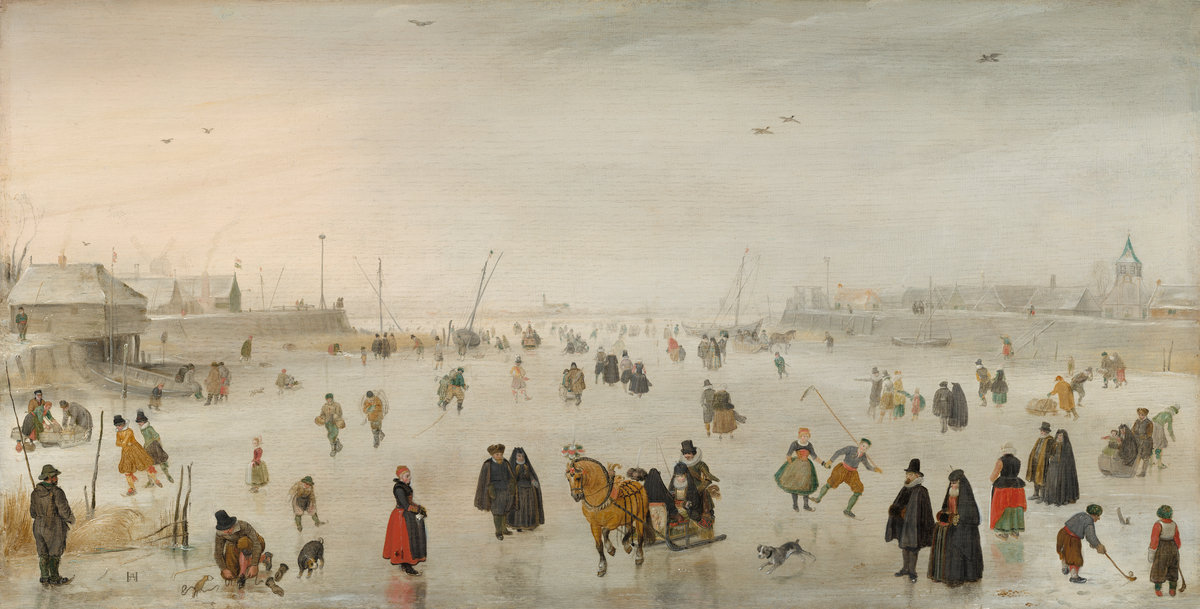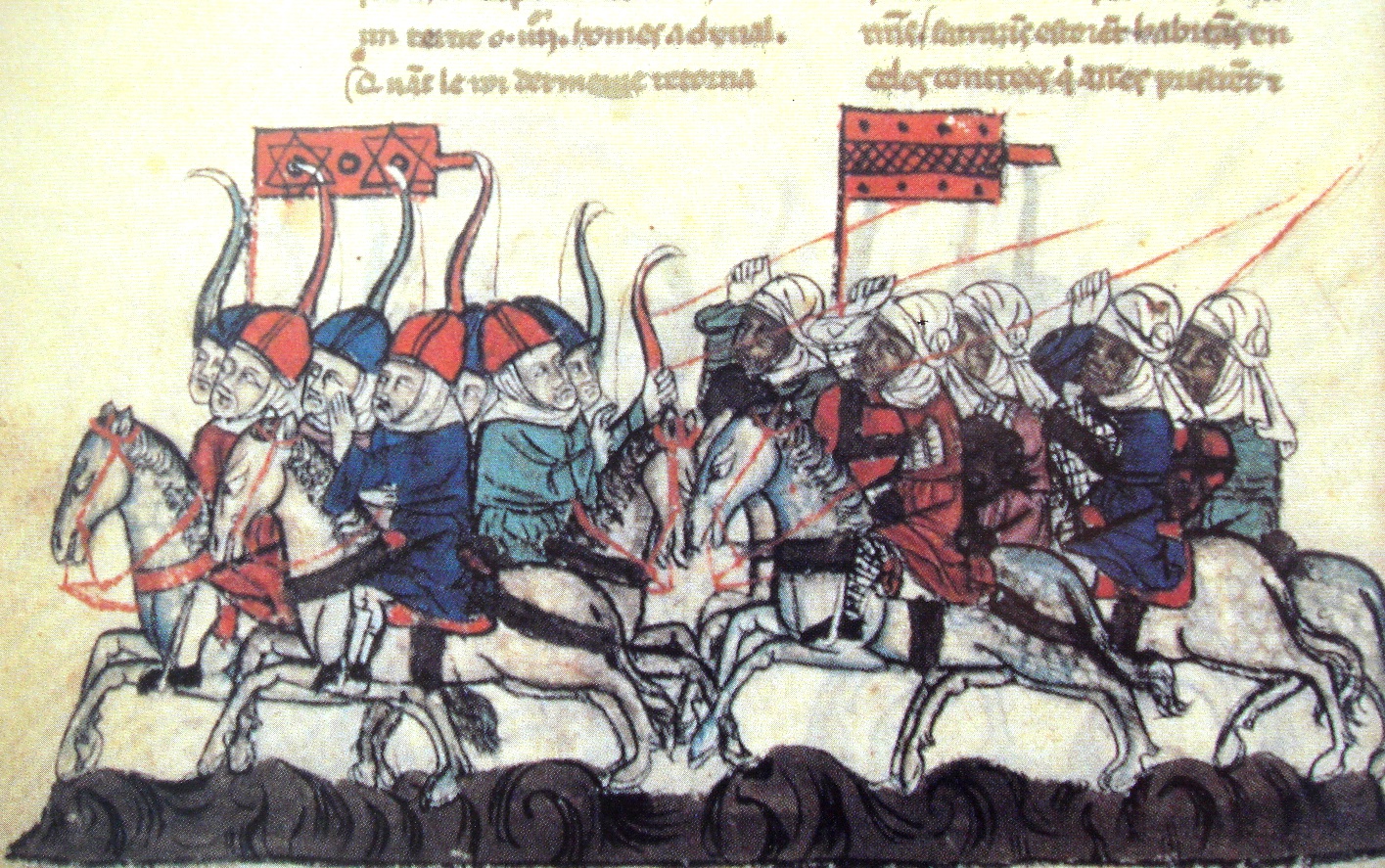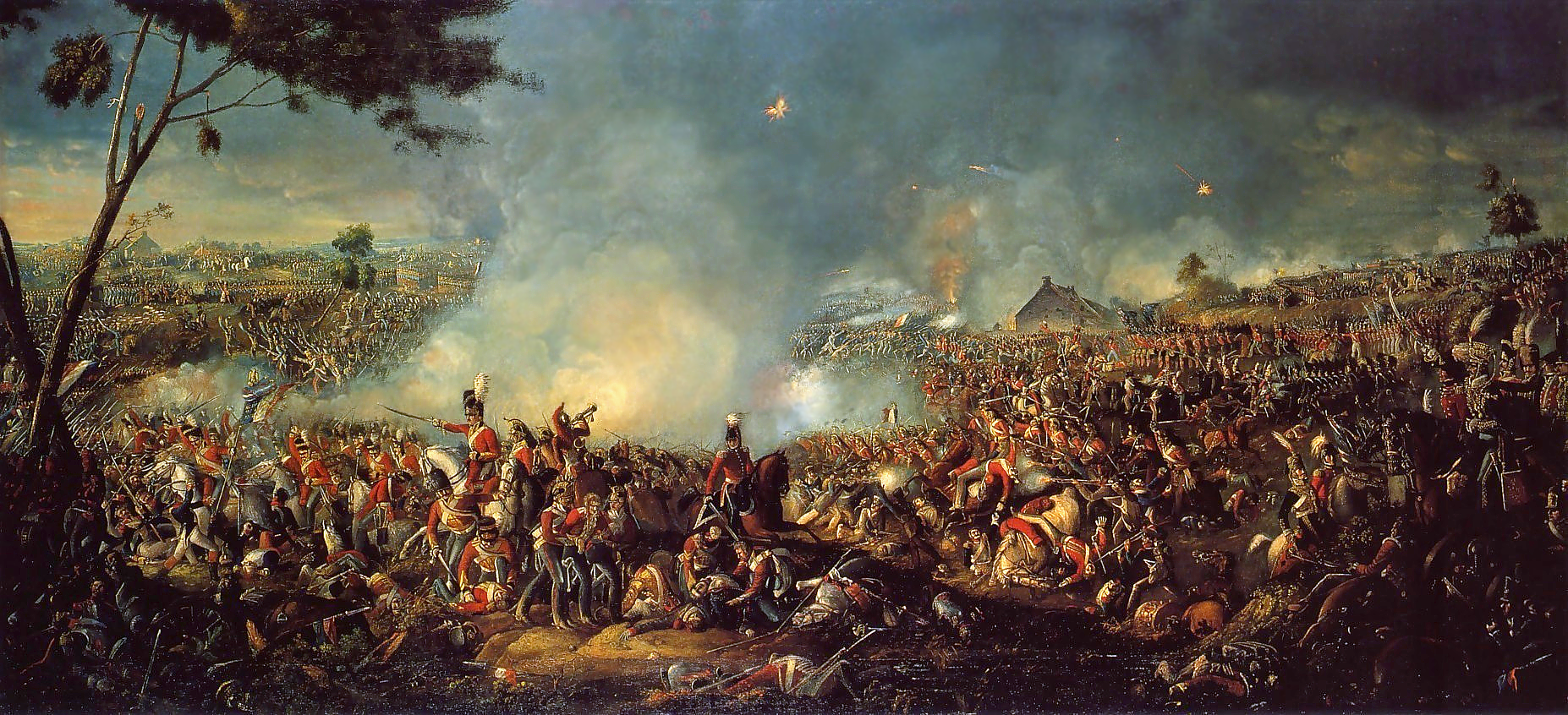By Patrick Pierson.
While the world’s attention remains focused on the terror threat posed by ISIS, the jihadist threat in Africa continues to grow. This week, two female suicide bombers in Nigeria killed 56 refugees in a camp for those fleeing from Boko Haram. Similarly, two suicide bombers in neighboring Cameroon – with suspected affiliation to Boko Haram – killed ten and wounded dozens in a northern village. US Brigadier General Donald Buldoc, head of Special Operations Command Africa, notes that jihadist groups in North Africa are growing more effective through increased collaboration and intergroup communication. While the human security threats posed by such groups are clear, a recent report from Kenya reminds us that the threat of terrorism doesn’t help business interests on the continent either. Somali analysts suggest that highly contextualized, local interventions are required for African governments to push back against encroachments from African terrorist organizations such as Al-Shabab. Such interventions appear much-needed in Libya, where the influence of ISIS grows unabated in the face of fractured politics.
Upcoming elections are garnering headlines across Africa as well. While Uganda’s Yoweri Museveni prepares to extend his 30-year rule in elections on February 18, Human Rights Watch looks back on two decades of human rights violations in relation to the country’s electoral process. In nearby Central African Republic, this Sunday’s presidential run-off appears too close to call. Meanwhile, Chadian President Idriss Deby has declared he will run for a fifth term in April while promising to reinstitute term limits if elected. Fearing that President Kabila will not leave office as his term expires later this year, opposition leaders and civil society groups in the DRC are appealing to non-violent resistance in efforts to force the leader’s hand.
Is peace possible in Yemen? This piece highlights the fact that, either way, no-one seems to care. Despite this perceived indifference, Western leaders would do well to not forget the current conflict. In the last two weeks alone, Al Qaeda in the Arabian Peninsula (AQAP) has taken control of five new towns. Greater still, the humanitarian crisis cannot be overstated.
Pope Francis has been busy this week. A historic meeting in Havana with Patriarch Kirill of the Russian Orthodox Church could have geopolitical undertones. Meanwhile, the Pope’s visit to Mexico highlights both progress and struggles experienced in the country, with 10,000 police officers deployed for the historic event. Many hope the visit will directly confront many social ills faced in the country, encouraging both the Mexican government and Church to be more responsive.







